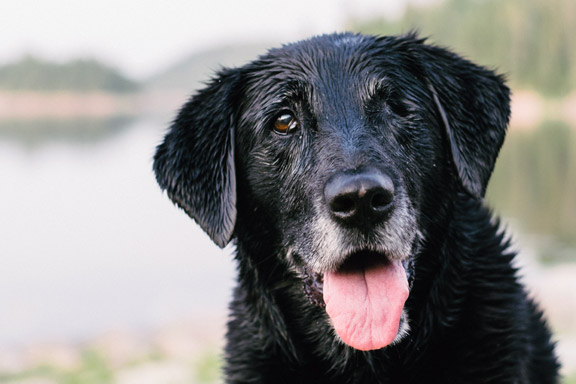Senior Pets – Maintaining Good Health

In general, pets over the age of 7 are considered senior pets. The following are a few suggestions to help ensure good health to your faithful companion.
As your pet approaches senior status, your veterinarian may recommend basic blood and urine tests as a baseline for measuring future changes. Regular blood testing can help identify diseases in their earliest and most treatable stages.
Note changes in your pet’s behavior or appearance. Treat simple medical problems, such as incessant ear scratching, immediately. A trip to the veterinarian can get problems under control early, before they become major problems requiring more extensive treatment.
Switch to a quality senior food that provides enhanced levels of key nutrients
Ask your veterinarian about a dental checkup and teeth cleaning. Follow the cleaning with recommended dental care at home.
Provide moderate exercise. This will deter anxiety-related behavior problems, help with weight control and keep muscles toned.
Talk with your veterinarian if your dog or cat tires easily or has trouble breathing.
Groom your senior pet at least once a week. Check for lumps, sores, parasites and foul-smelling ears or discharge. Older pets may need to he bathed with medicated or moisturizing shampoo.
Maintain a familiar routine and environment to minimize stress.
If your pet has not been spayed or neutered, ask your veterinarian about having this done. These procedures reduce the likelihood of mammary or prostate gland tumors.
As your veterinarian about a Senior Pet Health Examination. He or she will examine your pet and offer suggestions for maintaining an excellent quality of life.